You are here :
- EUTOPIA website
- Home
- News
- Calls
- Research
Young Leaders Academy Call 2024 - Cohort 3
- Complete Call Information
-
The ambition of the EUTOPIA Young Leaders Academy (YLA) is to support research exchanges between high-potential, early to mid-career researchers, coming from all EUTOPIA partner universities and to support their career development.
Members of the EUTOPIA YLA will constitute a community of promising independent research leaders at the scale of EUTOPIA, sharing and promoting European values and the EUTOPIA vision of an interconnected academic environment.
EUTOPIA Young Leaders Academy Fellows will be given the opportunity to:
-
develop their research leadership skills through a dedicated training programme.
-
take part in interdisciplinary scholarly exchange and research networking activities, among fellows and with the broader EUTOPIA research community.
-
initiate research collaborations within the EUTOPIA Alliance.
-
contribute to the development of a challenge-based and student-shaped curriculum, through the development of research-led learning units open to undergraduate and graduate students.
-
act as EUTOPIA ambassadors, contributing to the Alliance’s activities and fostering the emergence of an integrated research community at the EUTOPIA scale.
The YLA is open to early to mid-career researchers, preferably between 2 to 12 years after PhD completion, YLA fellows will be appointed for a period of 2 years.
We are delighted to announce that EUTOPIA Global Partners Stellenbosch University (SU) and Monash University (MU) are joining the 3rd call of the YLA. The presence of these universities will further diversify and internationalise this group of promising researchers from EUTOPIA.
Applicants should already be formally appointed with one of the Universities of the EUTOPIA Alliance (or with SU or MU) and hold a tenured or tenure-track position or major research fellowship.
Opening date for applications : 28th March 2024– Closing date for applications : 28th May 2024
The EUTOPIA Young Leaders Academy will enroll its third cohort of 22 Fellows starting in November 2024.
Successful applicants will be expected to attend the in-person kick-off event in Cergy, France the week starting Monday 25th November 2024.
For full information on the call and the application and selection criteria, please consult the documents below:
CALL DESCRIPTION 2024
APPLICATION FORM
Contact Information for local managers of the EUTOPIA Young Leaders Academy:
- Babeș-Bolyai University in Cluj-Napoca, Romana Cramarenco
- Vrije Universiteit Brussel: Tania Van Loon
- Ca’Foscari University of Venice: Fiorella Giacometti
- CY Cergy Paris University: Clare Desmet
- Dresden University of Technology: Barbara Könczöl
- University of Gothenburg: Andreea Maris and Henrik Lindskog
- University of Ljubljana: Iris Ivanis
- NOVA University Lisbon: Rita Rua Ferreira
- Pompeu Fabra University-Barcelona: Mireia Calm
- University of Warwick: Katie Reynolds
- Monash University: Larissa Gomes
- Stellenbosch University: Lidia du Plessis
>> Watch the YLA second cohort fellows' testimonials on Youtube -
Meet the YLA Cohort 3 Fellows:
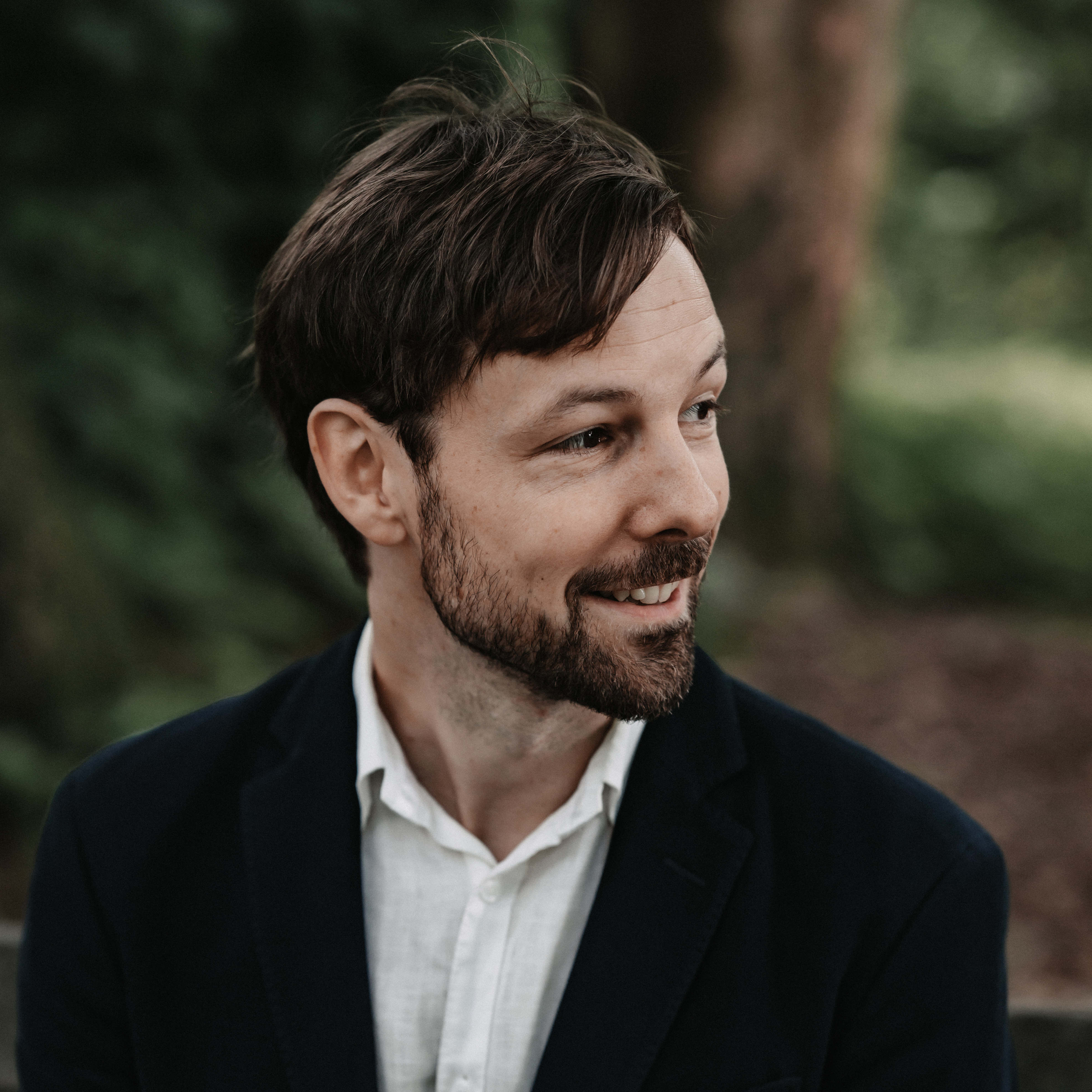
Prof. Kris Baetens
Vrije Universiteit Brussels
Psychology and Educational Sciences
Kris Baetens is a tenure track professor at the Department of Psychology and Educational Sciences at the Vrije Universiteit Brussel (VUB), teaching Biological Psychology, Clinical Interventions, and Clinical Biological Psychology in the psychology and the artificial Intelligence programs. He is chair of the Brain, Body and Cognition research Group (https://bbco.research.vub.be/) and steering group member of the Brussels University Consultation Center (https://www.brucc.be/en/), a VUB non-profit training and consultation centre that supports the training of psychologists, organizes research on effectivity of clinical interventions, and offers evidence based psychological services. As a clinical psychologist, he has experience in the treatment of substance use disorders and personality pathology. The general focus of his research is on cerebellar and prefrontal contributions to (social) sequential cognition and self-regulation, particularly applied to substance use disorders, personality pathology and autism spectrum disorders. To this end, he uses functional neuroimaging (EEG, fMRI), non-invasive brain stimulation as well as reaction time experiments and self-report measures. A relatively new research focus involves leveraging machine learning to investigate the psychopathological correlates of resting state EEG in large samples.
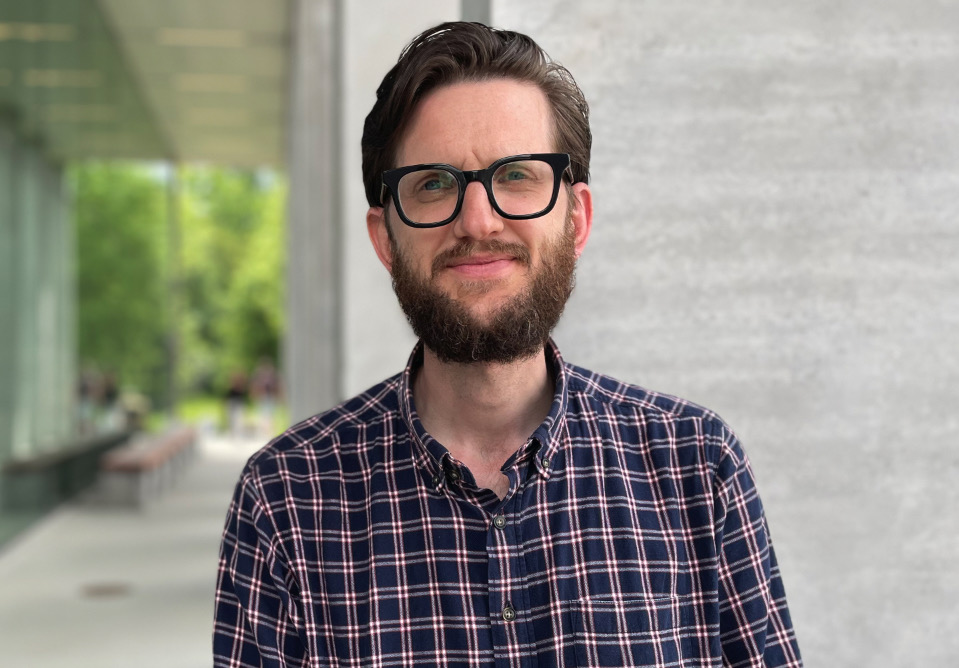
Dr Rasmus Bernander
University of Gothenburg (Göteborg)
Department of Languages and Literatures
Rasmus Bernander is a field linguist and historical(-typological) linguist. His main research interest revolves around various aspects of grammatical variation and change in Bantu languages, particularly in various Tanzanian Bantu languages, but also from a broader comparative perspective. He works at the University of Gothenburg, where he holds a position as a Researcher in African Languages in the Department of Languages and Literatures. He is currently leading a project sponsored by the Riksbankens Jubileumsfond (grant number P23-0101) on the use and spread of expressions of modality in Swahili focusing on historical changes including contact-induced change (“borrowing”) into Swahili (mostly from Arabic) and out of Swahili into other East African languages. He is also a joint researcher in the Japan-based ILCAA Joint Research Project Diachronic Perspectives on Language Description and Typology in Bantu and is part of the editorial team of the Nordic Journal of African Studies. He also teaches Swahili and other courses on the subject of African linguistics. He earned his PhD from the same university in 2017 with a thesis on the grammar of the Tanzanian Bantu language Manda (mgs), focusing on both the description and reconstruction of the language’s tense and aspect system. Before returning to his alma mater this year, he worked as a postdoctoral researcher at the University of Helsinki, in a project focusing on four other Bantu language varieties of Tanzania.
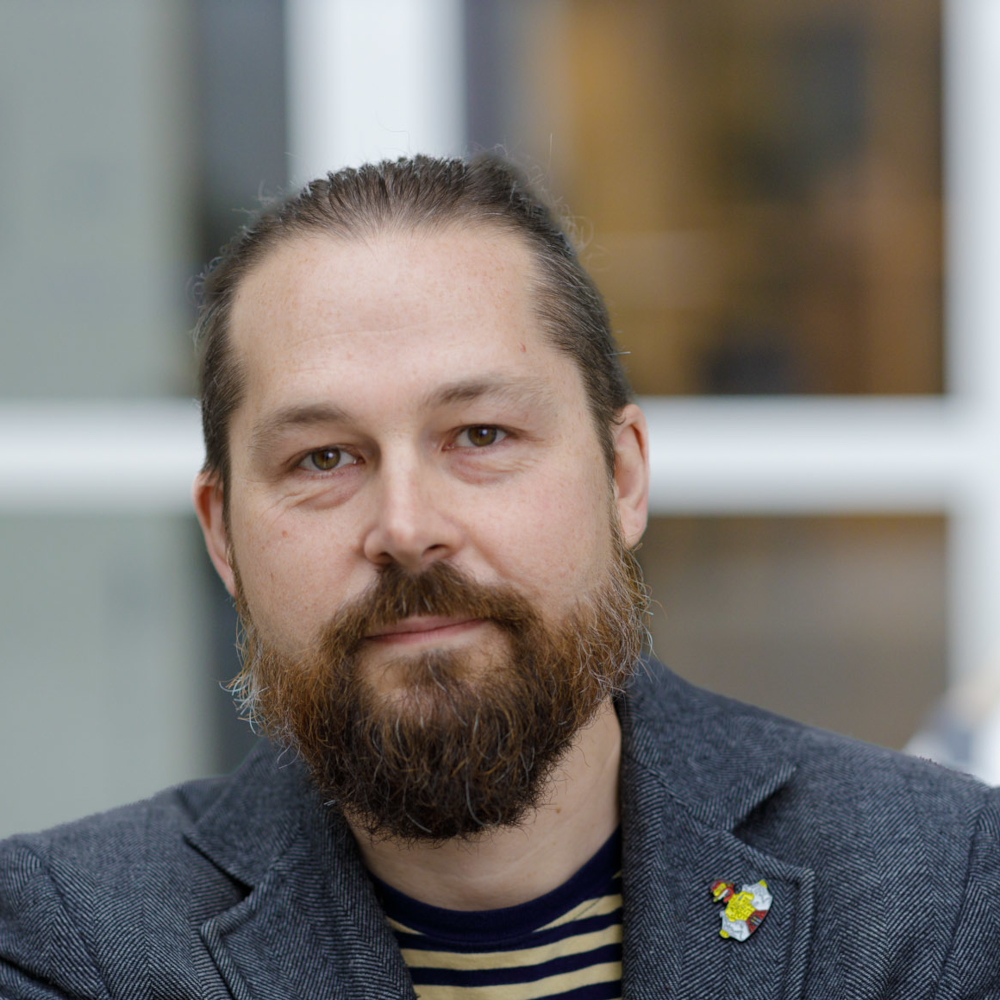
Dr. Swen Gaudl
University of Gothenburg
Department of Applied IT
Dr. Swen E. Gaudl is a Senior Lecturer for Interaction Design at the Department of Applied IT, University of Gothenburg, Sweden. He teaches on interaction design, ai and programming. He holds a PhD in Computer Science from the University of Bath, on advancing the development tools and approaches for creating better character AI. His main research interests are to broaden the available knowledge on the understanding and replication of human behaviour/interaction and agent design with the aim to create something applicable beyond the confines of academia. This includes creating novel robotic concepts, AI, approaches for connecting people and playful artefacts, testing the limits of the current state-of-the-art. Until 2022, he spent 3 years at the University of Plymouth, teaching programming, games and robotics both in the UK and abroad. Besides teaching he contributed to numerous research projects including writing applications to funding bodies mainly in the domains of eHealth and technology. He spent 3 years as a Research Fellow Falmouth, UK, working on computational creativity, creative app development, software design and user studies. Before his PhD, he worked for 3 years as a researcher at Fraunhofer, Germany. His main work was in areas related to digital games, software, and project management. Beyond traditional computing research, he enjoys working in interdisciplinary teams, where he explores new concepts which could benefit the creative expression of writers, designers and dancers.
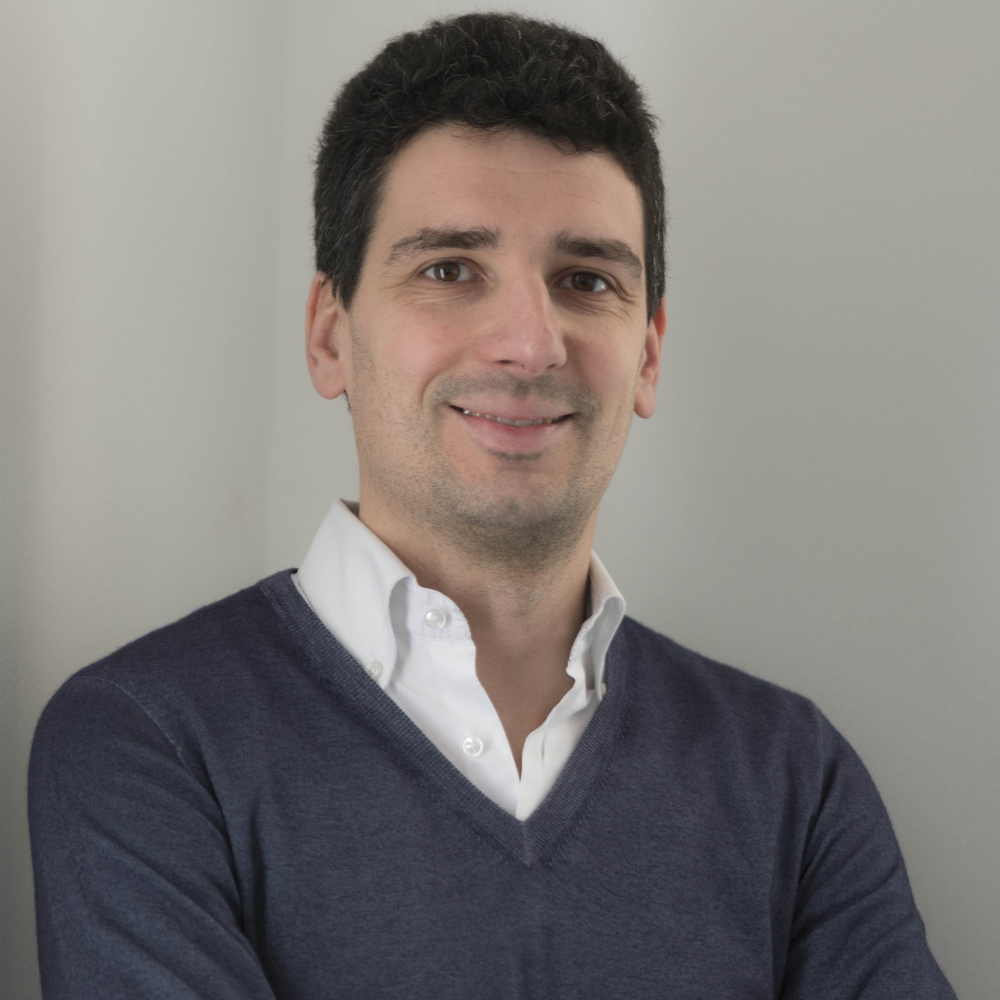
Dr. Matteo Gigli
Ca’ Foscari University of Venice
Department of Molecular Sciences and Nanosystems
Matteo Gigli is Associate Professor at the Ca’ Foscari University of Venice in the Department of Molecular Sciences and Nanosystems. His research interests are devoted to the valorization of biomass residues to develop innovative (nanostructured) advanced and functional materials, such as bioplastics and bio(nano)composites for environmental and packaging applications; biocompatible, shape-memory materials and thermoplastic elastomers for biomedical purposes; and biobased thermoplastics and thermosets of industrial interest. Before joining the University of Venice in 2019, Matteo completed his PhD in Industrial Chemistry at the University of Bologna (2013) and then worked from 2013 to 2015 as Postdoctoral Researcher at the University of Freiburg as a member of the BASF Joint Research Network on Advanced Materials and Systems, and from 2016 to 2019 at the University of Rome “Tor Vergata”. Among various experiences abroad, Matteo joined the NC State University as visiting professor (2024), the Massachusetts Institute of Technology as visiting scholar (2017 and 2018), and the Advanced Materials & Systems Research Centre of BASF in Ludwigshafen as visiting researcher (2011).
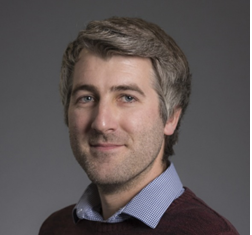
Dr Hannes Houck
University of Warwick
Department of Chemistry
Hannes Houck is a Royal Society University Research Fellow in the Chemistry Department at the University of Warwick. He obtained a dual PhD degree in Chemistry from Ghent University (Belgium) and the Karlsruhe Institute of Technology (Germany), specializing in externally regulating the reactivity of organic molecules in a macromolecular context. Following alternating research stays in Belgium, Germany and Australia, Hannes became fascinated about how light is capable of altering the chemical nature of larger molecules, thereby changing a material's properties such as its strength and colour. After a 2-year postdoc at Ghent University, he was selected for the 1st cohort of the EUTOPIA-SIF programme and moved to the UK to start his independent research career developing light-switchable materials. His EUTOPIA fellowship was a springboard to winning a prestigious Royal Society grant (1.9 M£) to start his Photochemistry for Materials research group in October 2023. Hannes’ research at the University of Warwick combines organic photochemistry, organic synthesis and polymer science that allows for making materials with improved functionality and sustainability. His research team mainly focuses on developing photochemical strategies that can be used to introduce programmed (bio)degradation into existing polymer materials, while also creating new design strategies to make, break and reform chemical bonds to enable closed-loop recycling of end-of-life products. Having carried out several research stays abroad, Hannes strongly beliefs that international and interdisciplinary collaborations are essential to pursue impactful science and education, which he aims to promote during his YLA position.
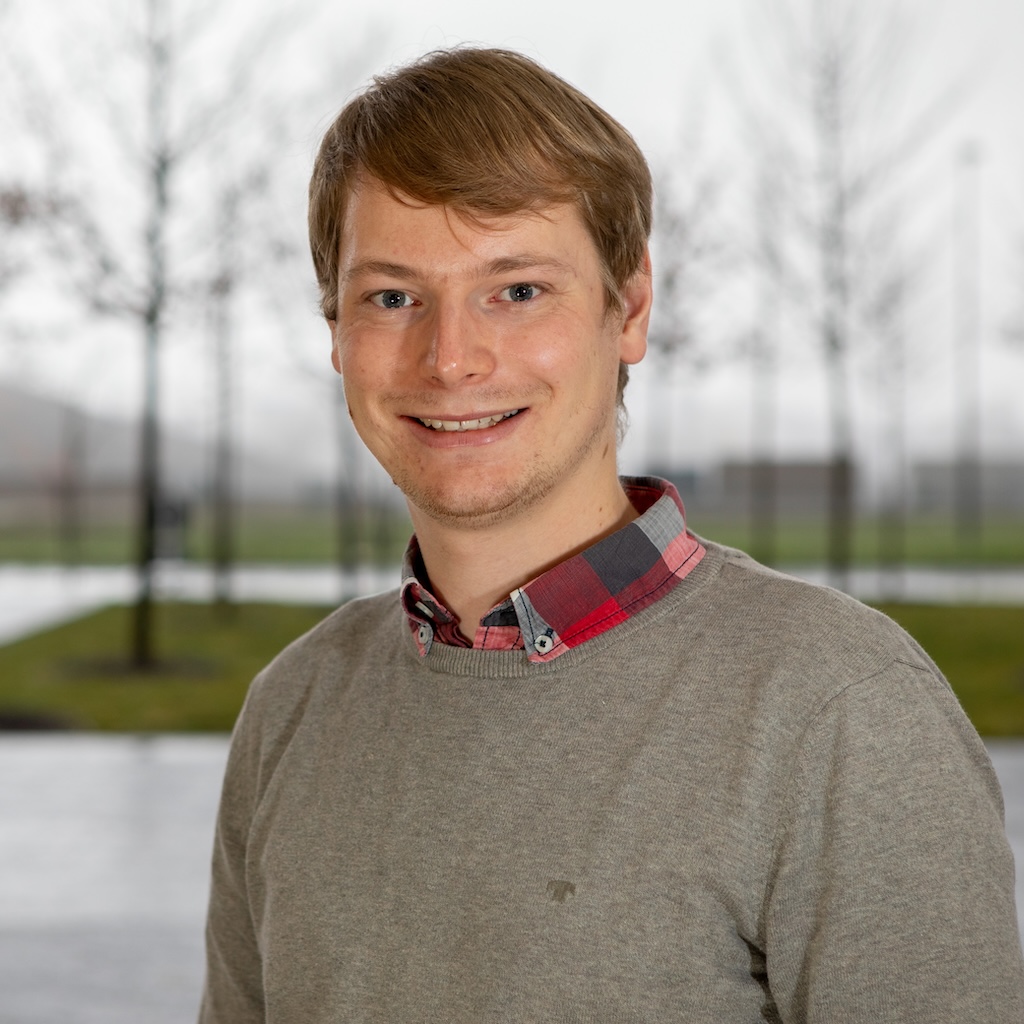
Dr. Mikołaj Kasprzak
ESSEC Business School
Department of Information Systems, Decision Sciences and Statistics
Mikołaj is a tenure-track assistant professor at ESSEC Business School, specializing in mathematical statistics and applied probability. He obtained his Bachelor’s and Master’s degree in Mathematics, Operational Research, Statistics and Economics from the University of Warwick in the UK and his DPhil in Statistics from the University of Oxford. After his DPhil, he joined the Mathematics Department at the University of Luxembourg as a postdoctoral research associate. Later, he obtained a Marie Skłodowska-Curie Individual (Global) Fellowship, sponsored by the EU. During the outgoing phase of the fellowship, he worked at the Laboratory for Information and Decision Systems at the Massachusetts Institute of Technology (MIT) and undertook a short secondment at the Gatsby Computational Neuroscience Unit at University College London (UCL). He then returned to Luxembourg for the incoming phase of the fellowhip, after which he joined ESSEC in 2024. In his research, Mikołaj is interested in providing rigorous quality guarantees for various approximations arising in applied probability, statistics and machine learning. Along the way, he develops new mathematical theory and tools for upper-bounding distances between probability distributions. He enjoys working on theoretical problems and proving new theorems which are motivated by real-life applications.
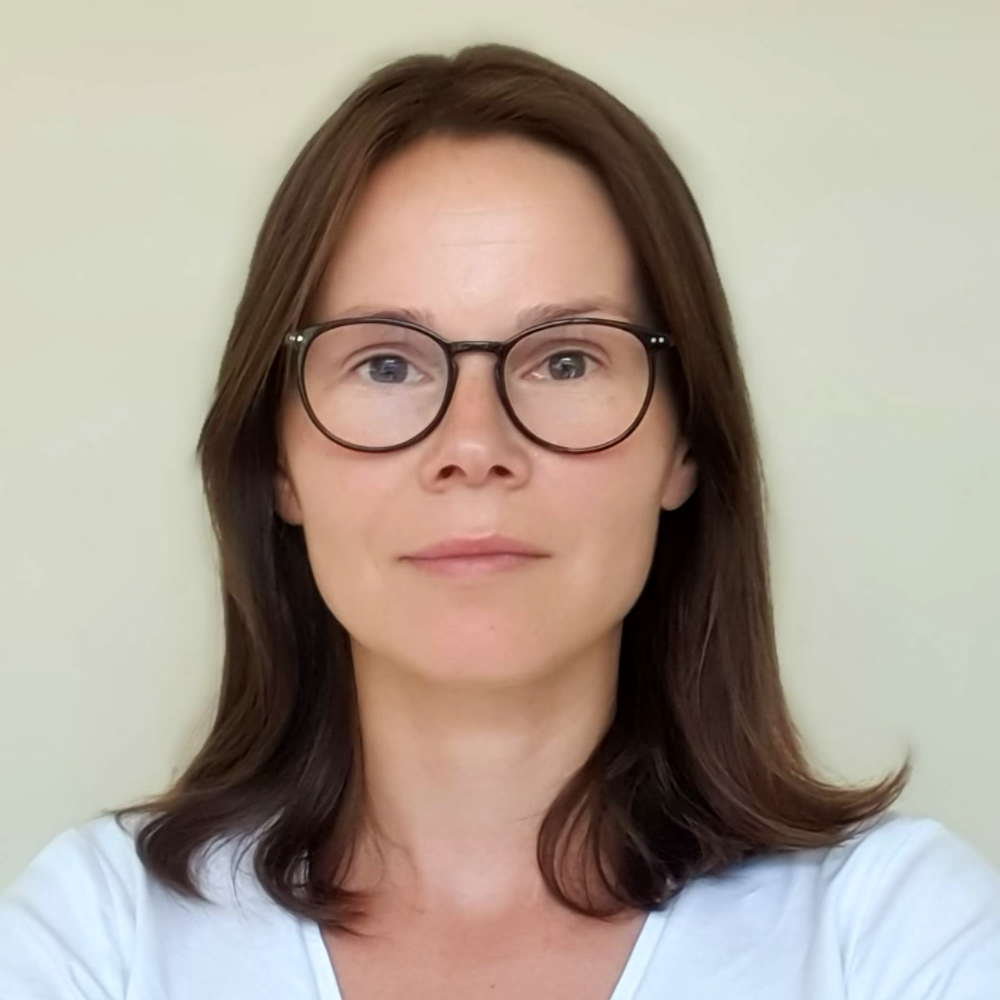
Dr.Ing. Marta Markiewicz
Technische Universität Dresden
Faculty of Environmental Science
Marta Markiewicz is an environmental scientist focusing on proactive hazard and fate assessment of man-made chemicals. Her research interests include investigating and predicting modes of toxicological action and bioaccumulation of chemicals, developing more robust and informative experimental methods for hazard assessment, and investigating interactions of chemicals with soil and natural organic matter. Marta obtained her Ph.D. from the Technical University of Gdansk in Poland (2011), during which time she held two visiting fellowships: at the Norwegian Geotechnical Institute (NGI, Oslo) and at the Centre for Environmental Research and Sustainable Technologies (UFT, Bremen). Her doctoral research focused on the assessment of biodegradability, toxicity and interaction of ionic compounds at environmental interfaces. After receiving a Marie Sklodowska-Curie postdoctoral fellowship, she moved to the University of Bremen (Germany), where she added sustainable design of energy carriers to her research portfolio. She then took over the management of the ecotoxicology and analytical laboratory at the UFT, University of Bremen. Since 2019 she is the head of the Contaminant Science Group at Dresden University of Technology. In close cooperation with academic partners, NGOs and industry representatives, her research group develops knowledge on how to make chemicals less dangerous for humans and the environment.
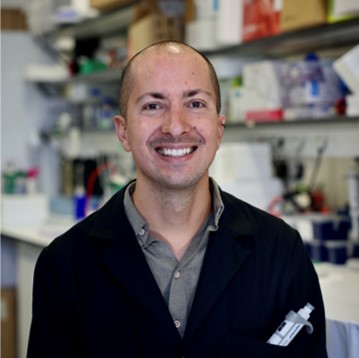
Dr. André R. A. Marques
NOVA University Lisbon
NOVA Medical School
A.R.A. Marques graduated in Biochemistry (BSc, University of Lisbon; MSc, University of Amsterdam) and currently works at the NOVA Medical School (NMS Research, Portugal). A. R. A. Marques obtained his Ph.D. in Medical Biochemistry at the University of Amsterdam, The Netherlands. During his Ph.D. studies A. R. A. Marques investigated the role of lysosomal homeostasis in neurodegeneration. Afterwards, A. R. A. Marques developed a 3-year PostDoctoral Project at the University of Kiel (Germany), centred on Batten disease (NCL2TREAT Consortium), the most common inherited neurodegenerative disease in children. This project resulted in the registration of an international patent for the treatment of Batten disease, of which he is co-inventor. In 2018, A. R. A. Marques was awarded a contract by the Portuguese Foundation for Science and Technology (FCT), to develop a 6-year project investigating the role of lysosomal dysfunction in atherosclerosis at NMS Research. Presently, his research is focused on the interplay between lipid metabolism and organelle dysfunction in human disease.
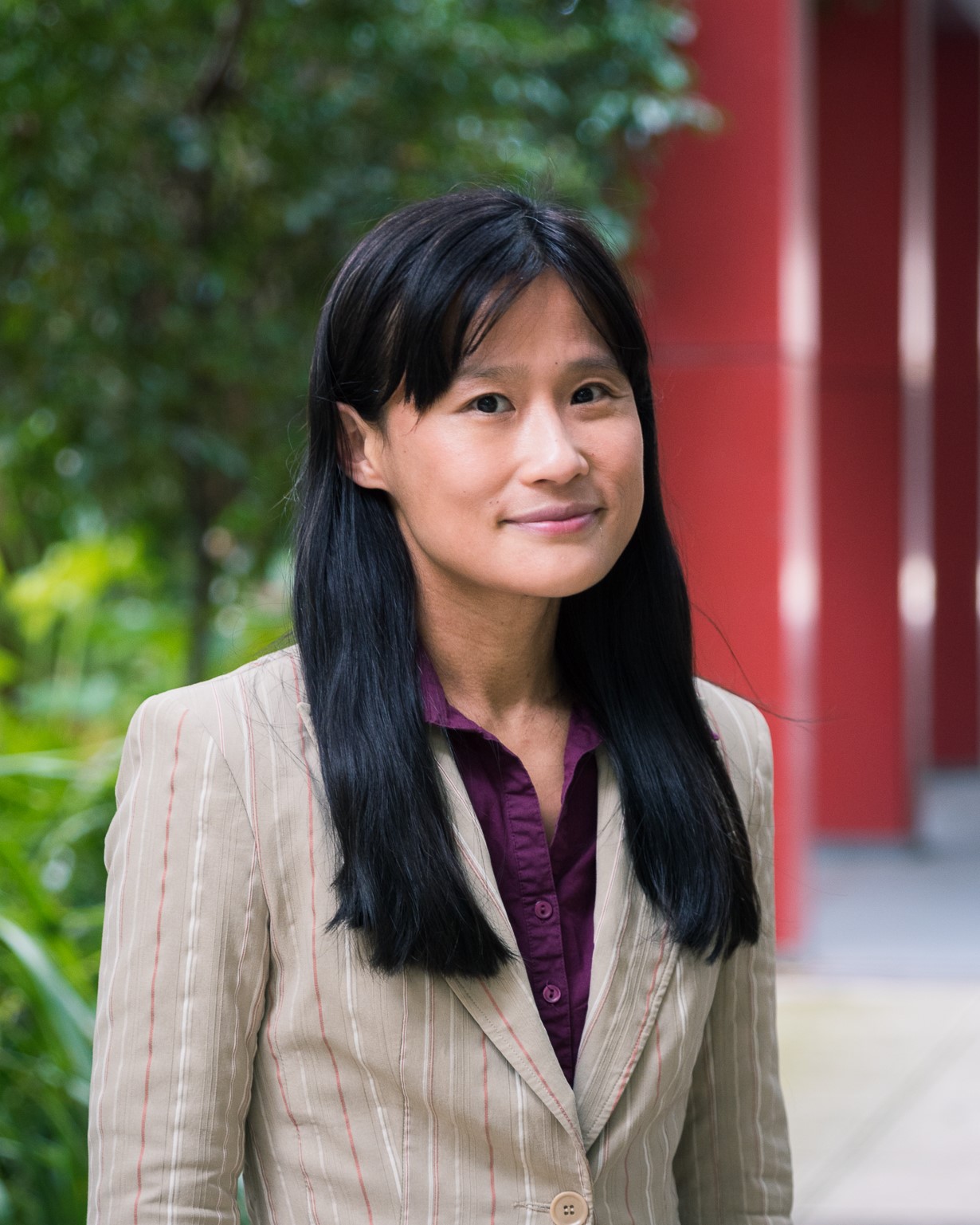
Associate Professor Yee-Fui Ng
Monash University
Faculty of Law
Yee-Fui Ng is an Associate Professor at Monash University. She researches in the areas of political integrity and the law, as well as the interaction between public law and politics. Yee-Fui is the author of The Rise of Political Advisors in the Westminster System (Routledge, 2018) and Ministerial Advisers in Australia: The Modern Legal Context (Federation Press, 2016), which was a finalist of the Holt Prize. Yee-Fui was a 2021-22 Fulbright Scholar and undertook research at New York University on the digital welfare state. Her work has been cited by the High Court of Australia, State Supreme Courts, federal and state parliaments, as well as various government inquiries. In 2023, Yee-Fui was the winner of the Monash University Vice-Chancellor’s Award for Research Excellence by an Early Career Researcher (HASS) (the University’s highest honour for outstanding research excellence and impact).
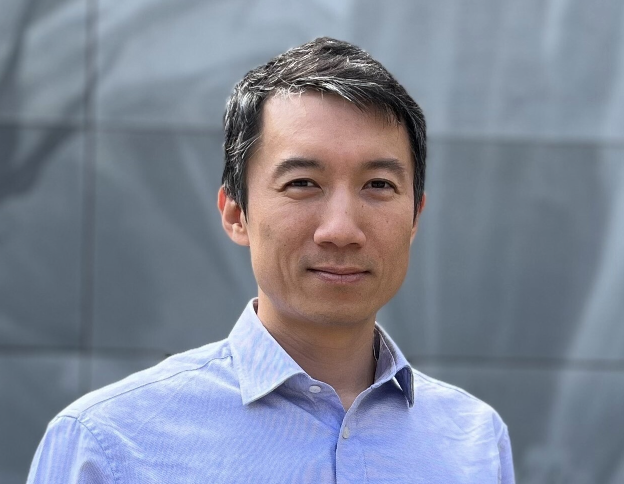
Dr. Giang Nguyen
Technische Universität Dresden
Faculty of Electrical and Computer Engineering
Giang Nguyen is currently an Assistant Professor, heading the Haptic Communication Systems research group at the Cluster of Excellence for Tactile Internet with Human-in-the-Loop (CeTI) and Faculty of Electrical and Computer Engineering, TU Dresden, Germany. He received a Ph.D. degree in Computer Science from TU Dresden in 2016. His research interests include network softwarization, in-network computing, and distributed systems, aiming at networked systems’ low latency, flexibility, and resilience to facilitate human-robot communication.
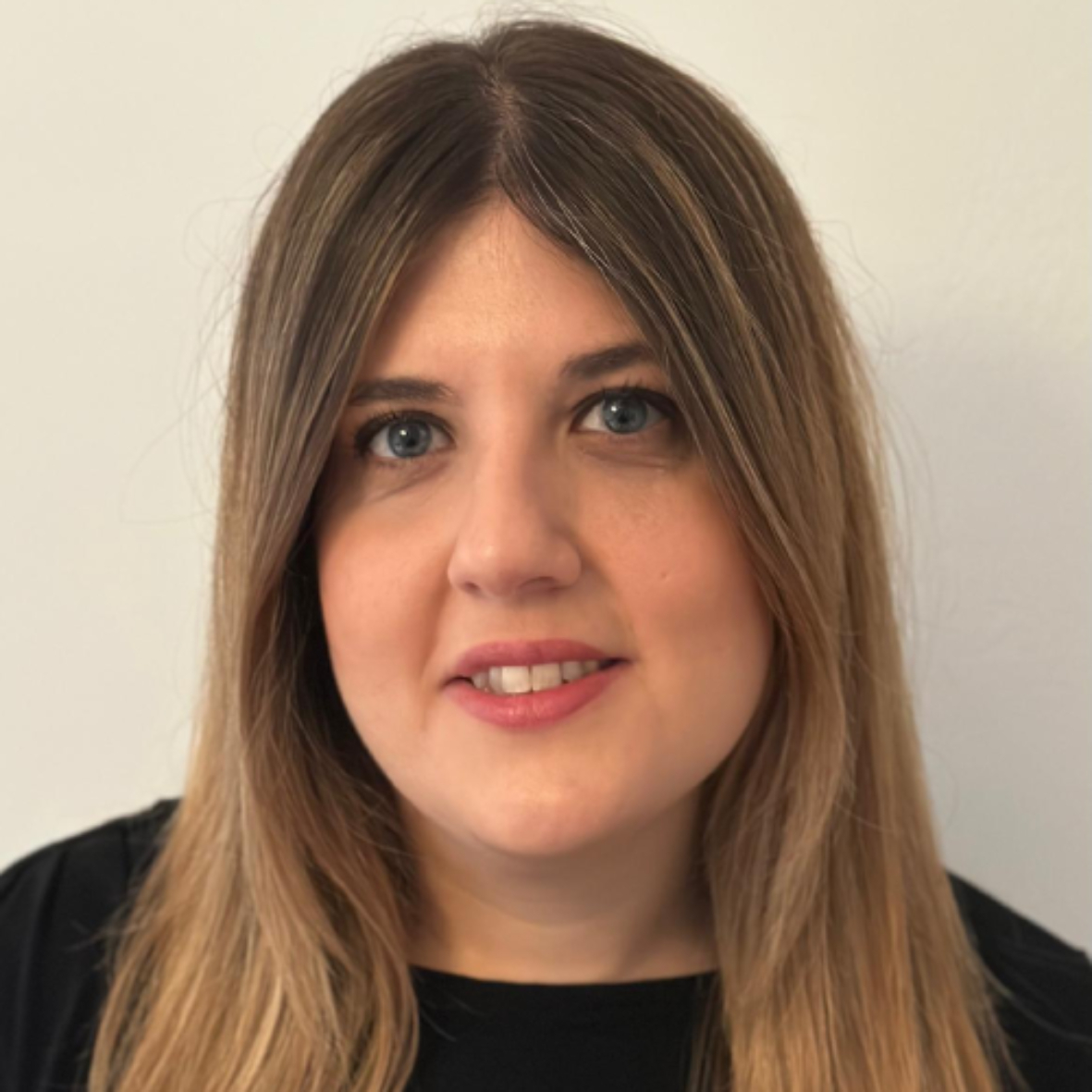
Doctor Laura Pérez Altable
Universitat Pompeu Fabra
Faculty of Communication
Doctor of Social Communication from Pompeu Fabra University in Barcelona, she received the XIV Extraordinary Doctorate Award from the Department of Communication. Currently serving as a Tenure-Track professor at the same department, her research delves into media consumption analysis, particularly focusing on news avoidance among the youth and the exploration of social networks within political contexts, including the influence of social media on the rise of the far right. Since September 2022, she coordinates the DigiDoc research group within Pompeu Fabra University’s Department of Communication.
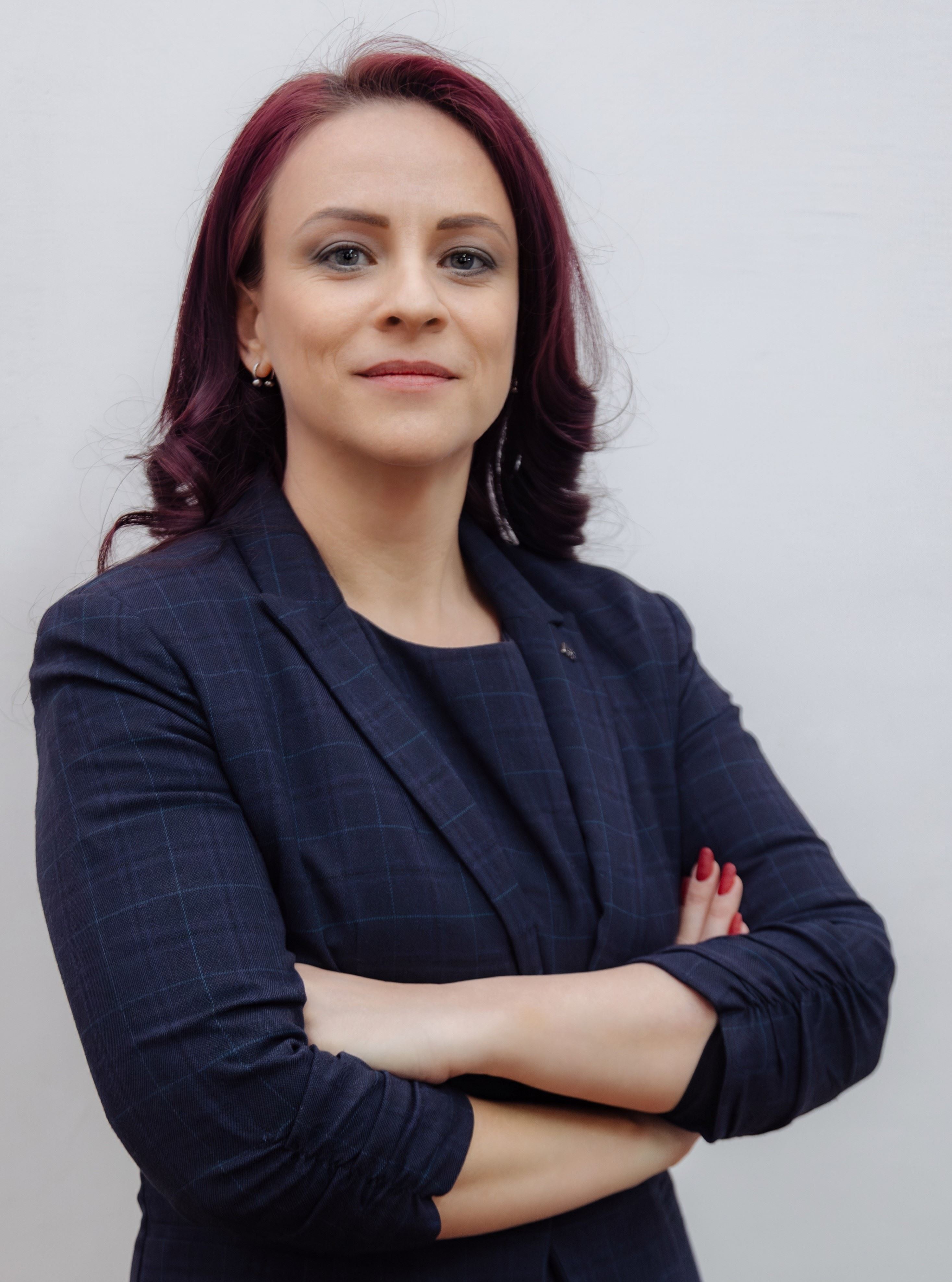
Lect. Dr. Alexandra M. Pop
Babeş-Bolyai University
Faculty of Chemistry and Chemical Engineering
Dr. Alexandra M. Pop is a lecturer at the Faculty of Chemistry and Chemical Engineering, at Babeş-Bolyai University of Cluj-Napoca, Romania. She is conducting her research within the Supramolecular Organic and Organometallic Chemistry Centre and her scientific interest is focused on the synthesis, structural characterization, and investigation of the optical properties of new transition metal complexes containing different organochalcogen ligands. During her career she spend several research stays in Spain (Universidad de Zaragoza, CSIC), Italy (Universita degli Studi di Cagliari), and France (University Rennes 1), conducting multi-disciplinary research (across organic, organometallic, and inorganic chemistry). Currently, she is one of the L'ORÉAL-UNESCO For Women in Science Fellows, awarded within the 2023 Romania National Program.
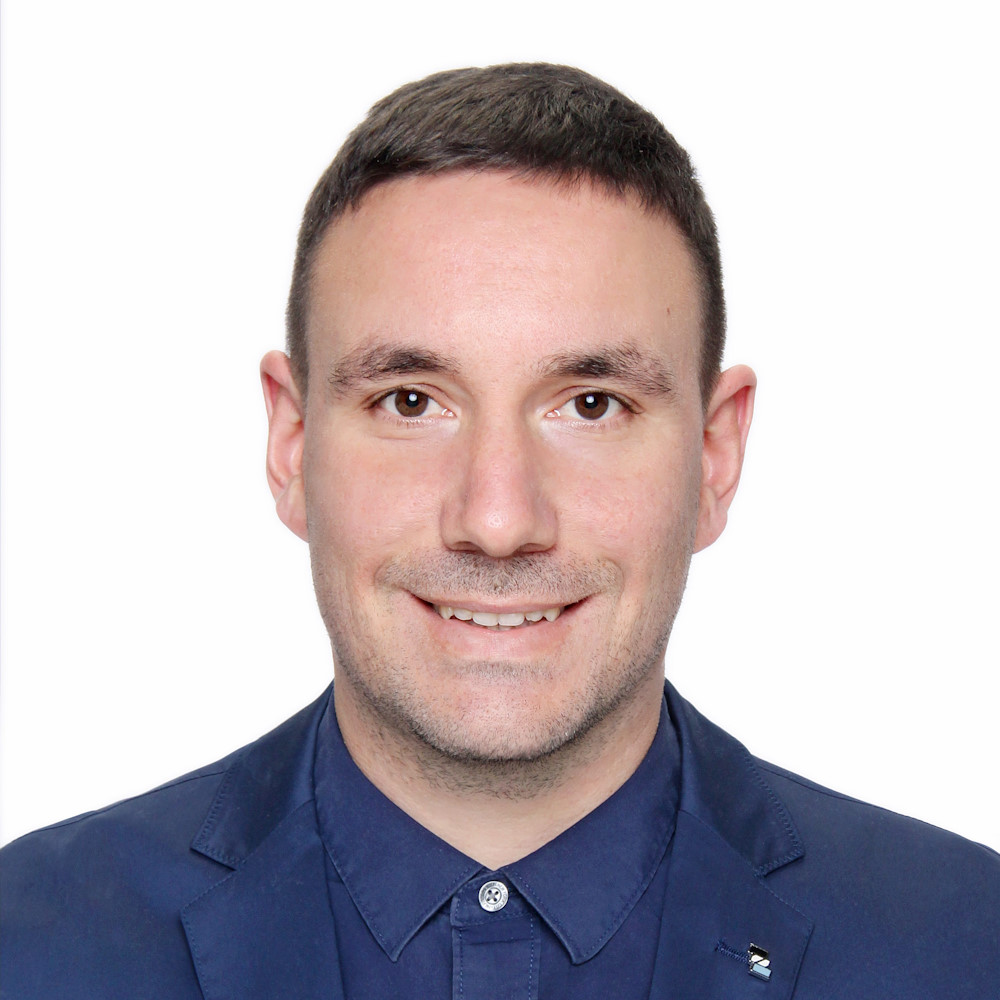
Assist. Prof. Dr. Primož Poredoš
University of Ljubljana
Faculty of Mechanical Engineering
Assist. Prof. Dr. Primož Poredoš finished his Master’s degree and PhD in 2010 and 2015, respectively. After that, he was working as a research assistant in the domains of refrigeration&cooling, heat pumps, heat and mass transfer studies, condensation processes, and energy policy. His recent research interests are oriented into the energy-water-air-food nexus including thermally (solar) driven membrane-distillation technology. Dr. Poredoš is extremely interested in the sustainable use of sorption technology and radiative sky cooling technology for freshwater provision and humidity management with the possible extension into agriculture. His short-term goal is to work with the most advanced energy materials coupled with beyond-state-of-the-art research activities related to synergistic co-development of materials, devices, and system integration with a deep understanding of heat and mass transfer, devices thermal management, and complemented with additional experience in material science. Driven by his passion for pure science and the synergistic potential between the radiative sky cooling effect and sorption technology for atmospheric water harvesting, Dr. Poredoš conducts both lab-scale experiments and real-world field research tests. His long-term goal includes bringing exciting, novel, and non-conventional scientific ideas to a higher technology readiness level (TRL) and possibly extending the collaboration between research Institutes to industrial and other stakeholders.
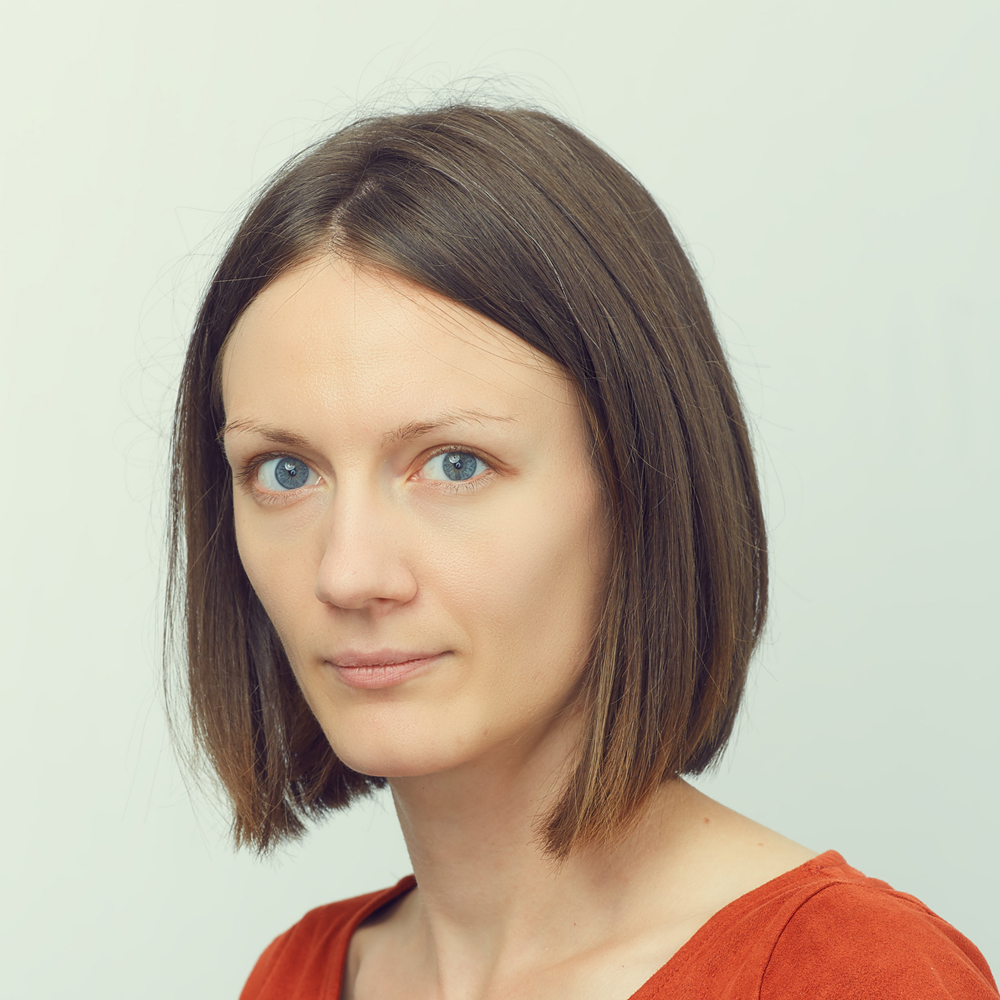
Dr. Lea Rems
University of Ljubljana
Faculty of Electrical Engineering
Lea Rems is a Research Associate and Assistant Professor at the University of Ljubljana, Faculty of Electrical Engineering. She studies the interactions between electric fields and biological materials, focusing in particular on the phenomena related to cell membrane electroporation. She recieved her PhD in Electrical / Biomedical Engineering from the University of Ljubljana in 2016. She then continued postdoctoral training at the Delft University of Technology in the Netherlands (2016-2018) and KTH Royal Institute of Technology in Sweden (2018-2021). In 2021, she returned to the University of Ljubljana with a Maria Skłodowska-Curie Individual Fellowship. She recently recieved an ERC Starting Grant for fundamental research on reversible and irreversible electroporation in cardiac cells and tissue in vitro, with the aim of extending electroporation to the field of cardiac gene therapy for the purpose of promoting cardiac regeneration after myocardial infarction. She also leads a Start-up Research Programme at the University, which is focused on modelling the electrophysiological response of cells and tissues to electroporation in silico. Her work has been recognized with several national and international awards, including the Alessandro Chiabrera Award for Excellence in Bioelectromagnetics (2021).
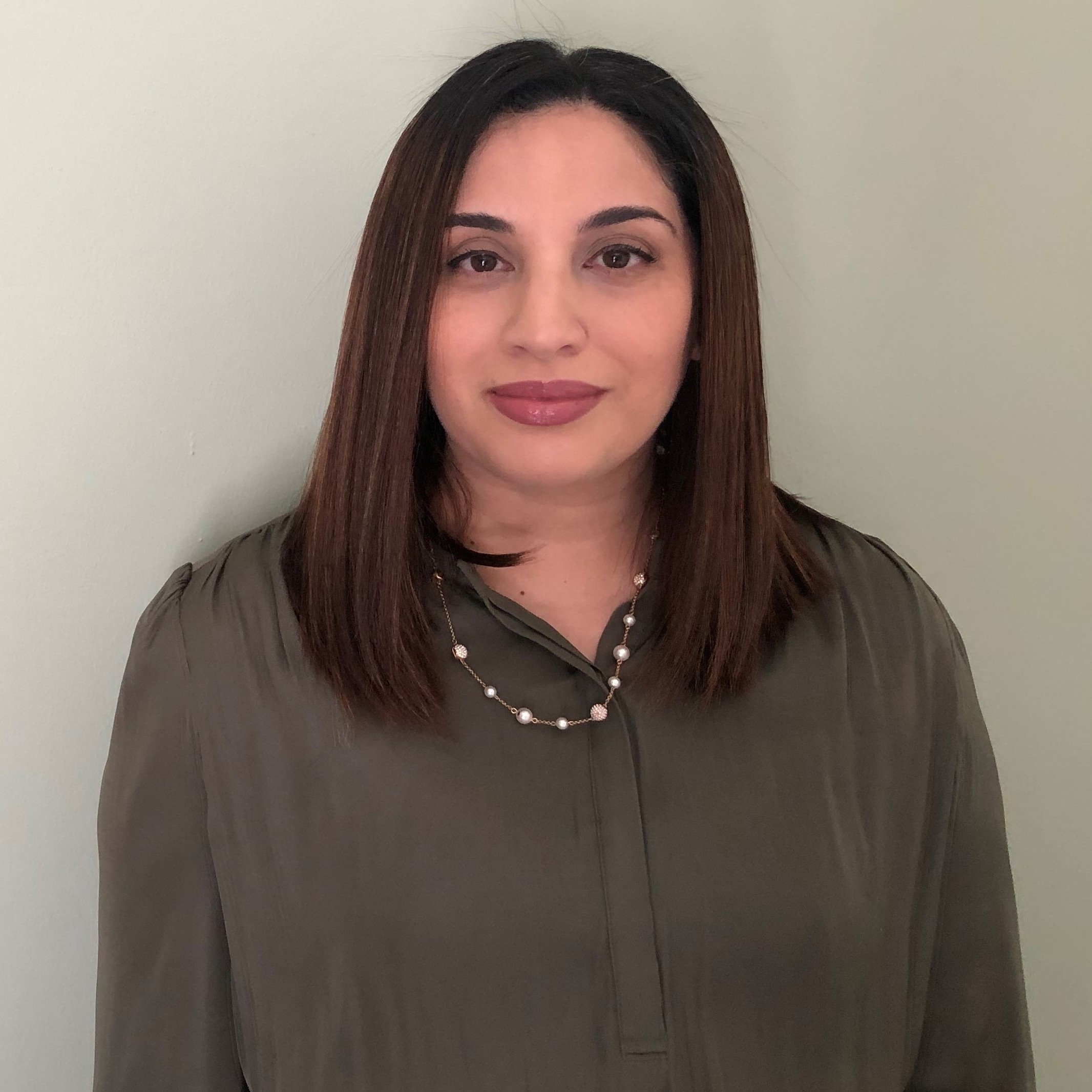
Prof Rizwana Roomaney
Stellenbosch University
Arts and Social Sciences
Prof Roomaney is a research psychologist and associate professor in the department of psychology at Stellenbosch University. Most of her research is conducted in the field of health psychology. She is currently working on several projects exploring health among patients with reproductive health conditions, such as endometriosis, infertility, gynecological cancers, and polycystic ovarian syndrome. Her research also explores the sexual and reproductive health of students identifying as female, and she has a growing interest in cyberhealth psychology. Prof. Roomaney has experience with developing psychometric measures and developing interventions for patients. She is an experienced research supervisor and mentor. Prof Roomaney is the national delegate for South Africa at the European Health Psychology Society and chairs the Health Psychology Division in the Psychological Society of South Africa. In these positions, she plays an important role in developing the field of health psychology in her country. Prof Roomaney has obtained several grants and awards and is a National Research Foundation Y1-rated researcher. This rating indicates that she is recognised as having the potential to establish herself as a researcher and become a future leader in her field.
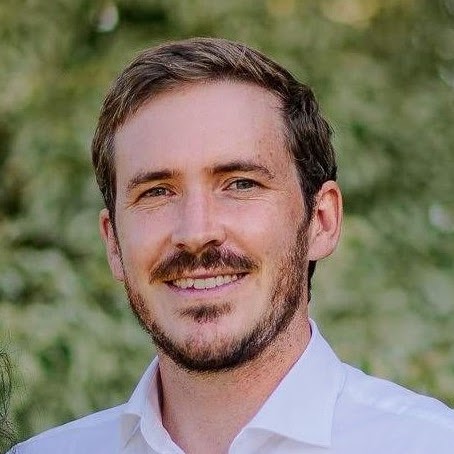
Dr. Ian Scott
Universidade NOVA de Lisboa
Nova Information Management School (NOVA IMS)
Ian Scott is a data scientist with global experience in industry and academia in the energy and sustainability sectors. He holds a PhD in Sustainable Energy Systems from the MIT Portugal Program, where he graduated summa cum laude in 2020. Currently, Ian is an Invited Assistant Professor (Tenure Track) at NOVA Information Management School in Lisbon. Ian is the research Director of the NOVA Blockchain Lab where he leads research projects focusing on applying blockchain technology to develop smart and sustainable cities. Ian also has extensive international experience in the energy sector, having worked in industry roles in Europe, North America, and Asia. At Lane Clark & Peacock, he designed and implemented energy policy models for the UK government. At Energy Exemplar, he provided electricity market modeling support to leading European utilities. At PA Consulting Group, he developed comprehensive energy policies for various Asian countries and modeled US electricity markets for major generators.
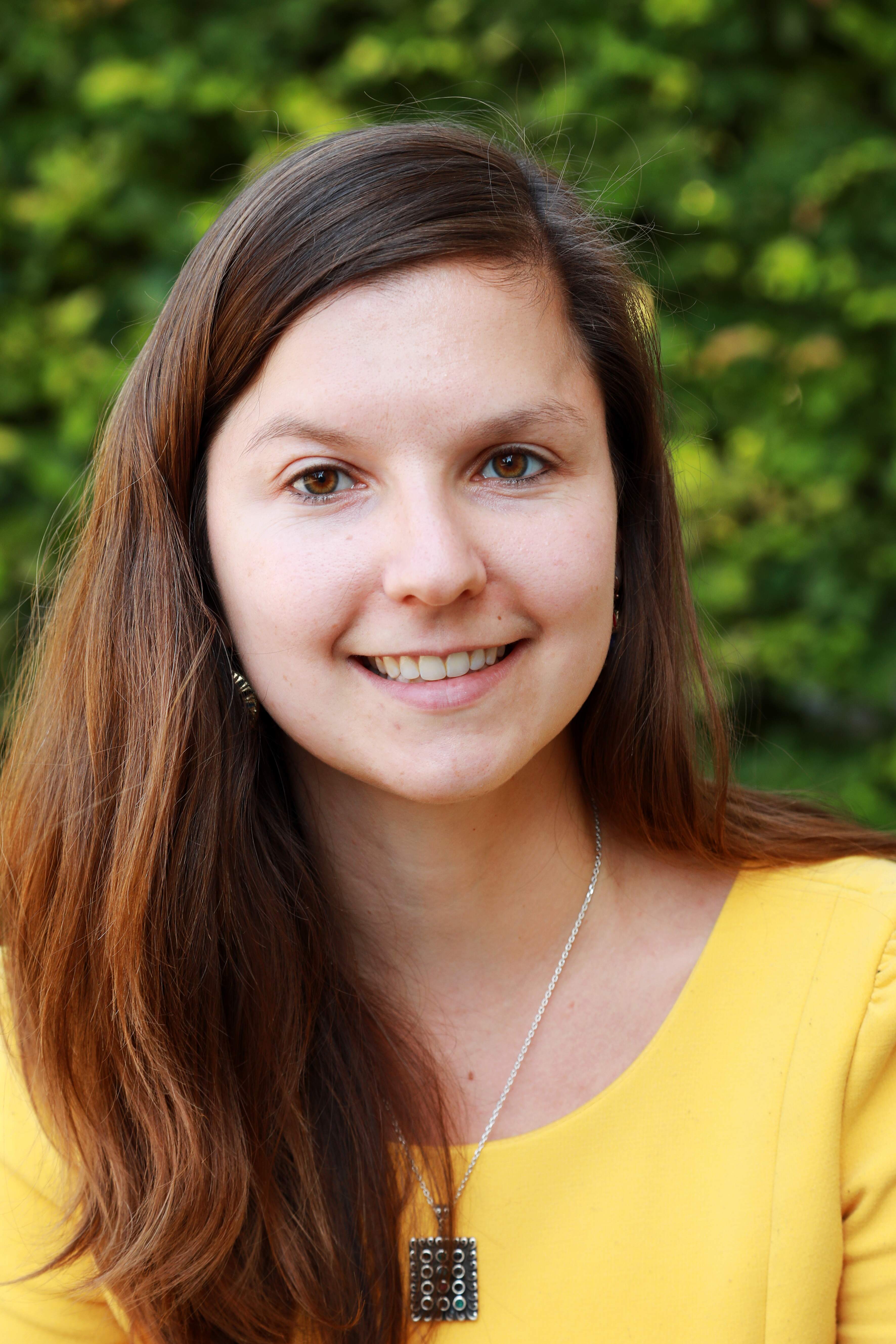
Dr. Lauriane Simony
CY Cergy Paris Université
Faculty of Languages and International Studies
AGORA research team (UR 7392)
Lauriane Simony is an associate professor at the Languages and International Department of CY Cergy Paris Université in France and is part of the AGORA research team. Her doctoral research focused on the British Council in post-independence Burma, and issues of cultural diplomacy both in the context of the decolonisation of the British Empire and of the Cold War. During her Ph.D., she was awarded a research grant by the English Studies Society in France to conduct research at the National Archives in Myanmar in 2019. Since completing her Ph.D. in 2020, she has continued focusing on the United Kingdom’s soft power, cultural strategies and propaganda in the second half of the 20th century. As a musician and member of a symphonic orchestra herself, she is now investigating the role of British orchestras and the importance of classical music diplomacy in the global Cold War.
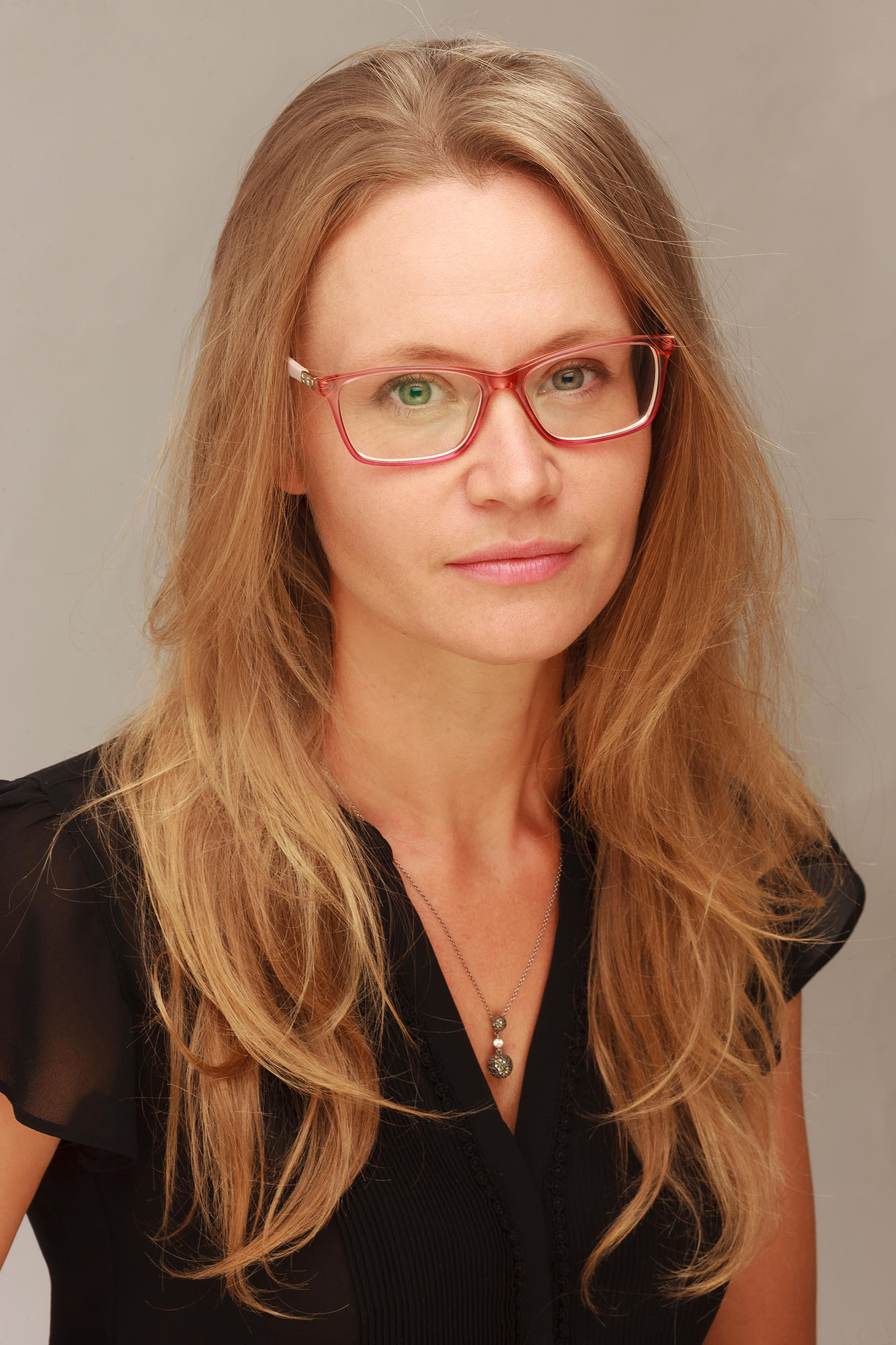
Ieva Stončikaitė, PhD
Pompeu Fabra University (UPF)
Department of Humanities
Ieva Stončikaitė is a postdoctoral researcher and English literature lecturer at the Department of Humanities at Pompeu Fabra University (UPF, Barcelona). She holds a PhD (2017) in Cultural & Literary Gerontology from the University of Lleida (Spain). Ieva conducted part of her PhD research at Fribourg University (Switzerland) and TCAS at Trent University (Canada). Her main research areas include literary and cultural representations of ageing, medical humanities, dementia ethics and care, age-friendly higher education, and travel writing. Ieva is actively involved in several research projects, networks, and COST Actions in age studies. She is also a member of the research group CELCA (Center of Literatures and Cultures in English) at the University of Lleida. So far, Ieva has presented her research at over 30 international conferences and delivered several guest lectures and seminars. Her articles appear in journals such as The Gerontologist, Journal of Aging Studies, Educational Gerontology, and Life Writing, and in edited collections with Routledge and Palgrave. In November 2023, Ieva was invited by the UNITED NATIONS International Institute on Ageing to deliver training, organised in collaboration with the University of Malta and Maltese care homes.
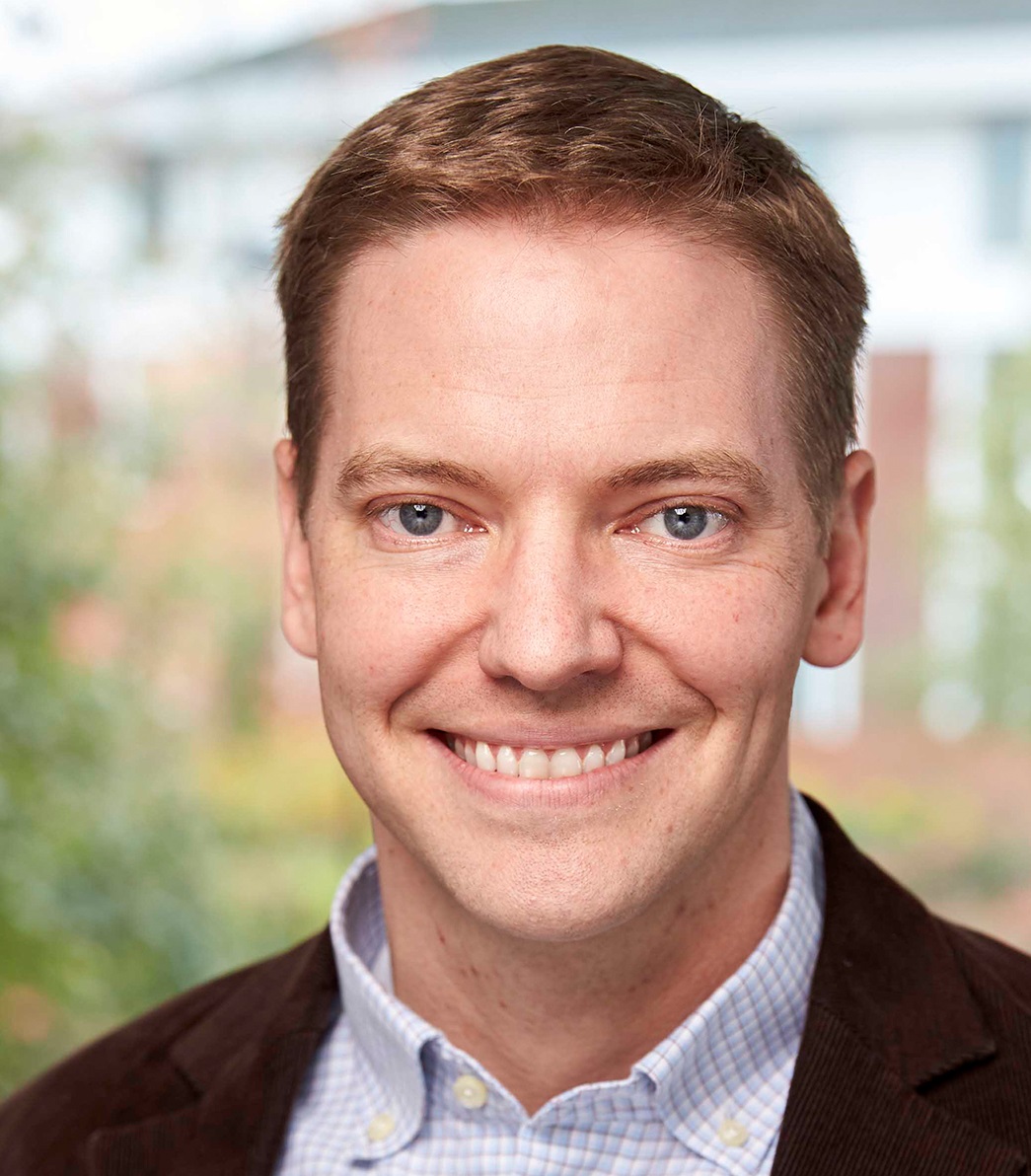
Dr Christopher Strelluf
University of Warwick
Department of Applied Linguistics
Christopher Strelluf is an associate professor of linguistics at the University of Warwick (UK). His work explores English language variation and change, and has spanned subfields of English linguistics including sociophonetics, dialectology, historical linguistics, and micro-syntax. He is author of two monographs—Speaking from the Heartland : The Midland vowel system of Kansas City (2018) and The origins of Missouri English : A historical sociophonetic analysis (with Matthew J. Gordon ; 2024)—and editor of the Routledge handbook of sociophonetics (2024). Strelluf is an advocate for public engagement in linguistics, making frequent contributions in national and international media and supporting a range of community-led participatory research activities to advocate for linguistic social justice. He is currently Director of Undergraduate Studies in Applied Linguistics at Warwick, and teaches modules in phonetics and phonology, dialectology, sociolinguistics, and academic research. He was appointed as a Senior Fellow of the United Kingdom Higher Education Academy in 2024. Strelluf received a PhD in English from the University of Missouri (USA) in 2014.
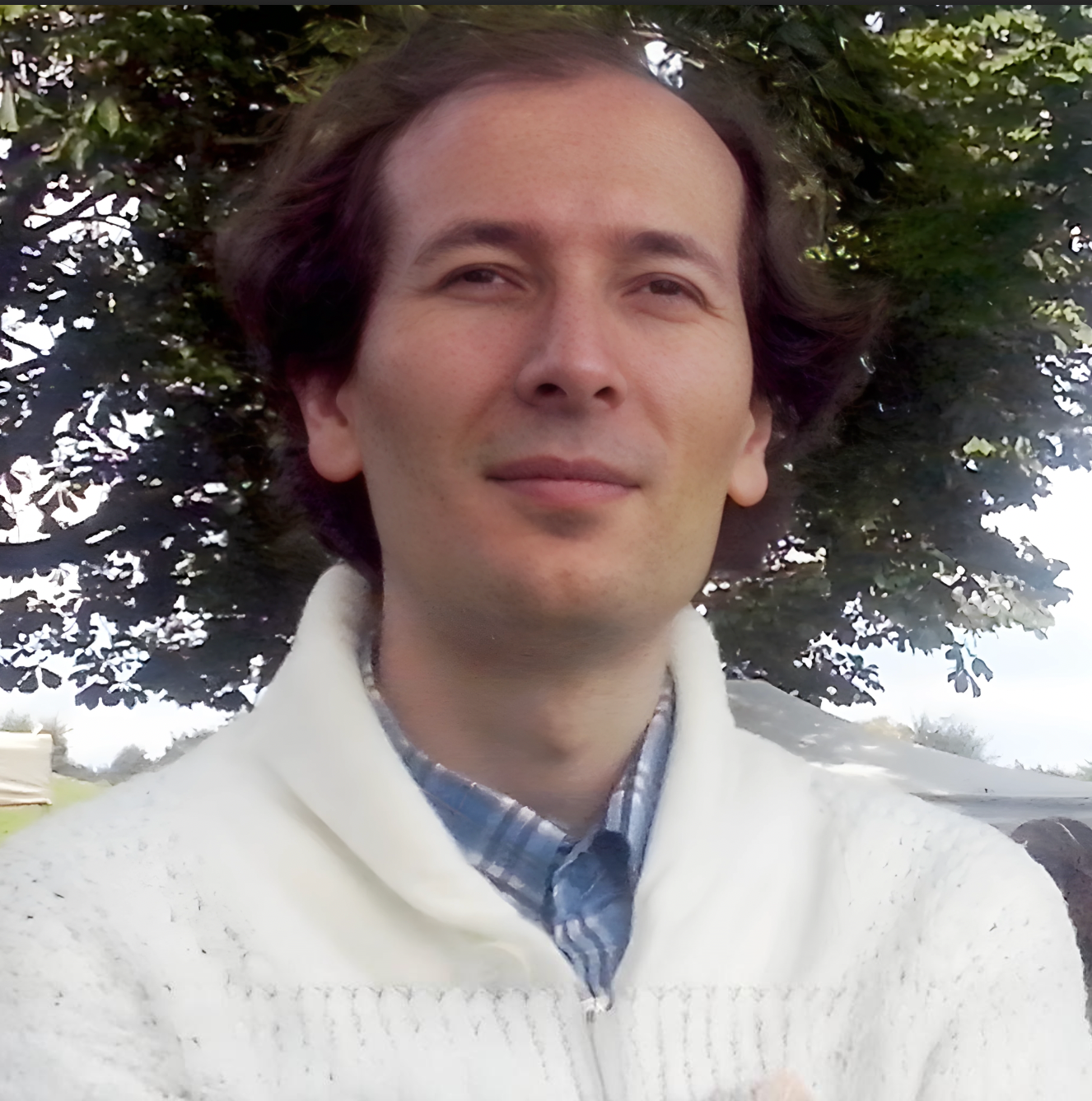
Dr. Ionut Tranca
Vrije Universiteit Brussel (VUB)
Faculty of Sciences and Bioengineering Sciences, Department of Chemistry
Dr. Ionut Tranca is a Research Professor at the Vrije Universiteit Brussel. He works in the field of computational material science in the Department of Chemistry (DSCH), Algemene Chemie (ALGC) - Materials Modelling Group. He received his PhD degree in Computational Condensed Matter Physics from the RWTH Aachen University, for his work on molecular electronics performed at Research Center Juelich (2012). Afterwards, he joined the Computational Chemistry/Modeling groups from Bonn University and Eindhoven University of Technology, and since 2022 he has been part of VUB. His research focuses on Green Energy generation and storage, Catalysis, Astrochemistry and Biochemistry, exploring topics such as water splitting, hydrogen storage, carbon dioxide capture, heat and electrical batteries, and kidney stones formation. He employs multiscale modeling, machine learning and supercomputers to understand the laws and properties of the relevant chemical and biological systems investigated. He has served as the leader or co-leader of the local unit for several Horizon and nationally funded projects. Besides research, he is also actively involved in teaching and mentoring. While at TU Eindhoven he coordinated and contributed to the creation of MSc courses, which are now offered across 10 universities.
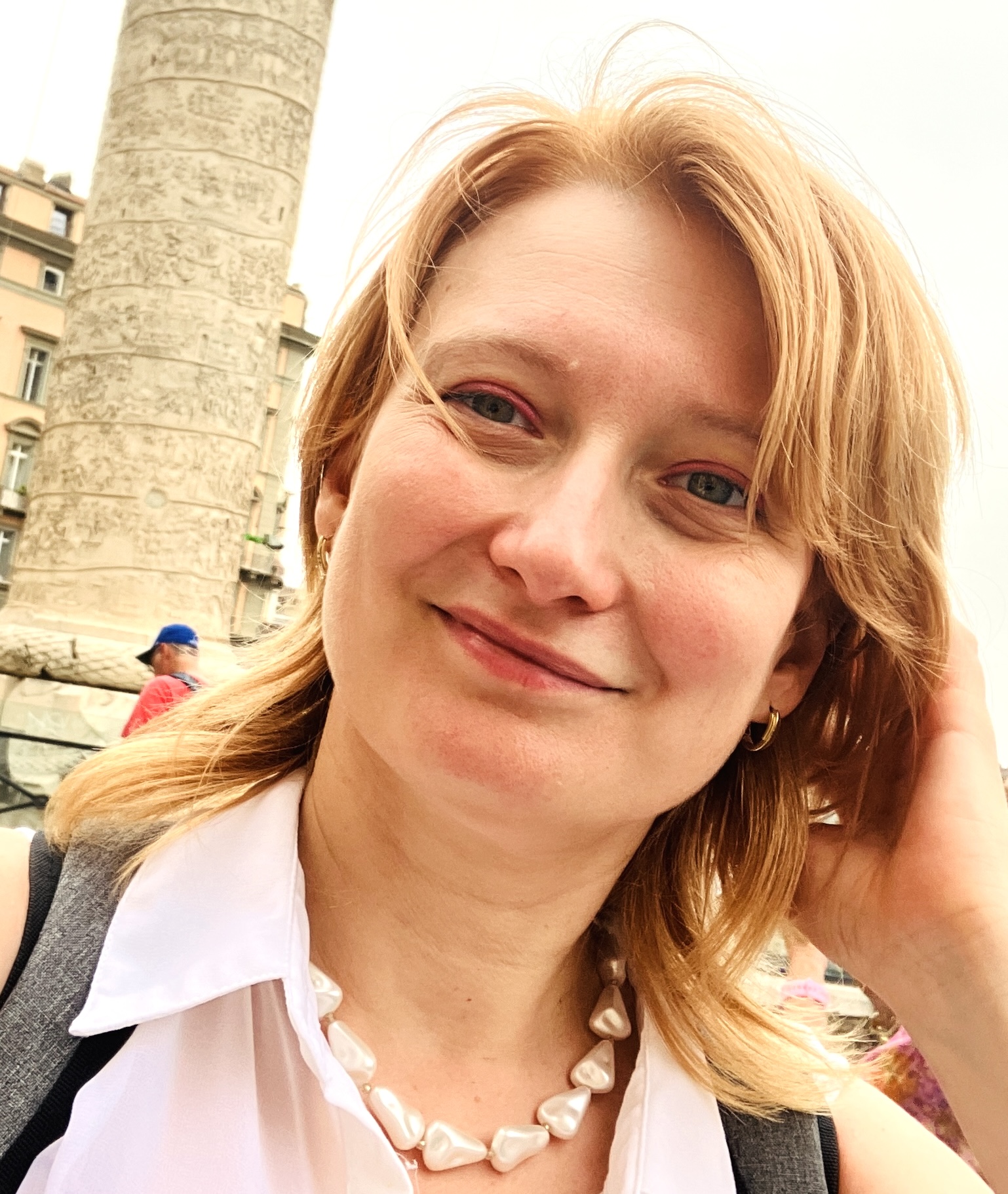
Dr. Rada Varga
Babeș-Bolyai University
Star-UBB Institute for Advanced Studies
Rada Varga is a Scientific Researcher at the Babeș-Bolyai University from Cluj-Napoca. She holds a PhD in History, with a specialisation in the field of Ancient History. Her principal research interests are in the areas of Roman prosopography, provincial social studies, economic history and digital humanities. She has previously been awarded several fellowships and research projects, which have involved both close collaboration with scholars from a range of European universities and the investigation of complex, interdisciplinary research topics. In the digital humanities field, she has served as the principal investigator on a project that has yielded significant results and continues to be relevant in the field (Romans1by1), taught classes and seminars, and participated in international teaching programs. She is currently the principal investigator of a project examining the material culture of the Batavians from Roman Dacia, a particular group of auxiliary soldiers in the Roman Empire, and the ways in which objects reflect migration, change and identity. This project employs archaeology as a tool to reconstruct historical narrations, and is therefore inherently interdisciplinary and collaborative. It entails chemical analyses of artefacts, statistical renderings and projections of the macro-results. It is noteworthy that Dr. Varga has endeavored to disseminate her research to a wider audience through articles in popular history journals, such as Historia and Ancient warfare.
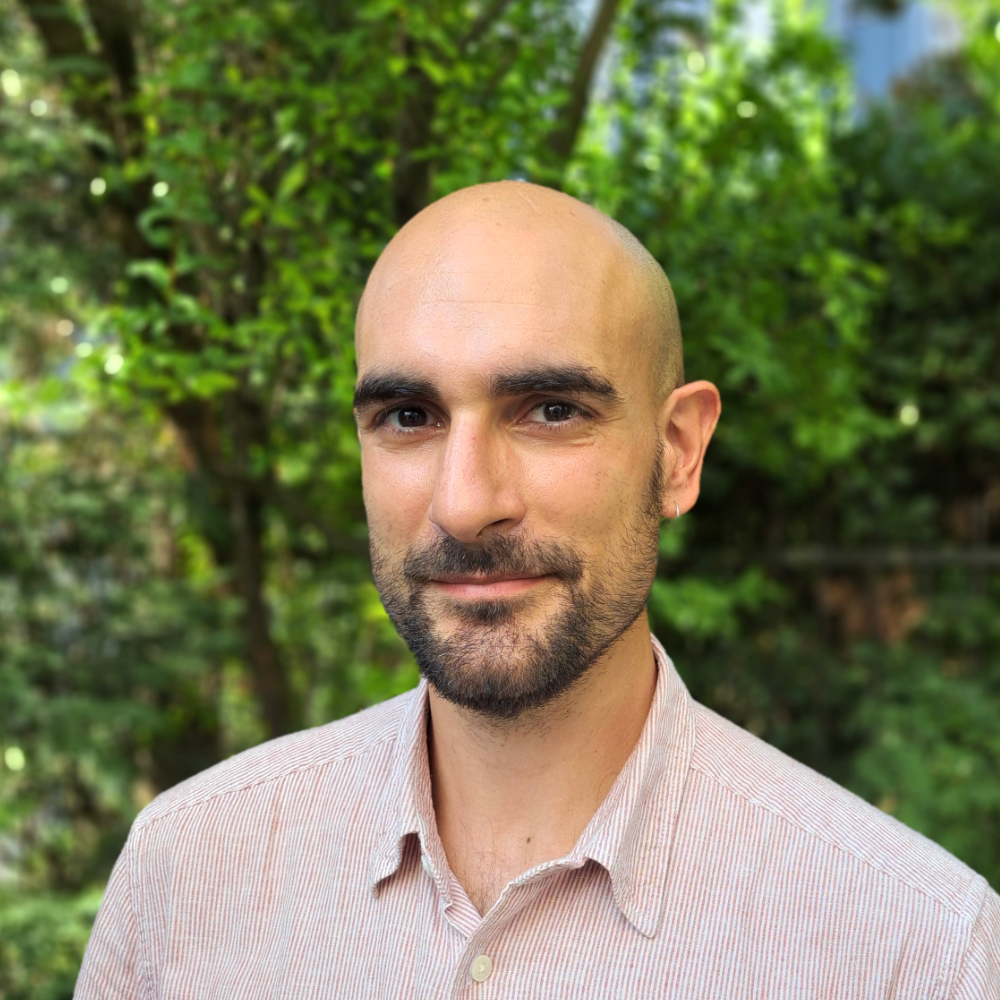
Marco Zappa (Ph.D.)
Ca’ Foscari University of Venice
Department of Asian and North African Studies
Marco Zappa is a tenure-track Assistant Professor at Ca’ Foscari of Venice, Italy. His research focuses on international cooperation in East and Southeast Asia and on contemporary Asia-Europe relations. He obtained a Ph.D. in cotutelle from Ca’ Foscari and Humboldt University Berlin in 2017. Using Japan as his main case-study and field of inquiry, his work centers on the study of programs of intellectual cooperation and cultural diplomacy and how they affect donor countries’ reputation and inform recipient countries’ choices in several policy areas including security, urban planning, and responses to climate change. Currently, he is engaged in analyzing the process of diffusion and circulation of the smart city concept and policy idea through state-to-state interactions and international cooperation. He has published several articles and volume chapters on the aforementioned topics, on top of having authored one book in Italian on Japan’s international relations. Before moving to academia, he has briefly worked in the automotive sector and, more extensively, as a free-lance journalist and translator. He collaborates regularly with Italy’s major international politics think tanks writing reports and analysis on contemporary Japan and often features on generalist newspapers, magazines and podcasts as both a contributor and expert.
Meet the fellows from YLA Cohort 1 and Cohort 2.
Disclaimer

EUTOPIA MORE is co-funded by the European Union under Grant Agreement No. 101089699. Views and opinions expressed are, however, those of the author(s) only and do not necessarily reflect those of the European Union or the European Education and Culture Executive Agency (EACEA). Neither the European Union nor EACEA can be held responsible for them.


